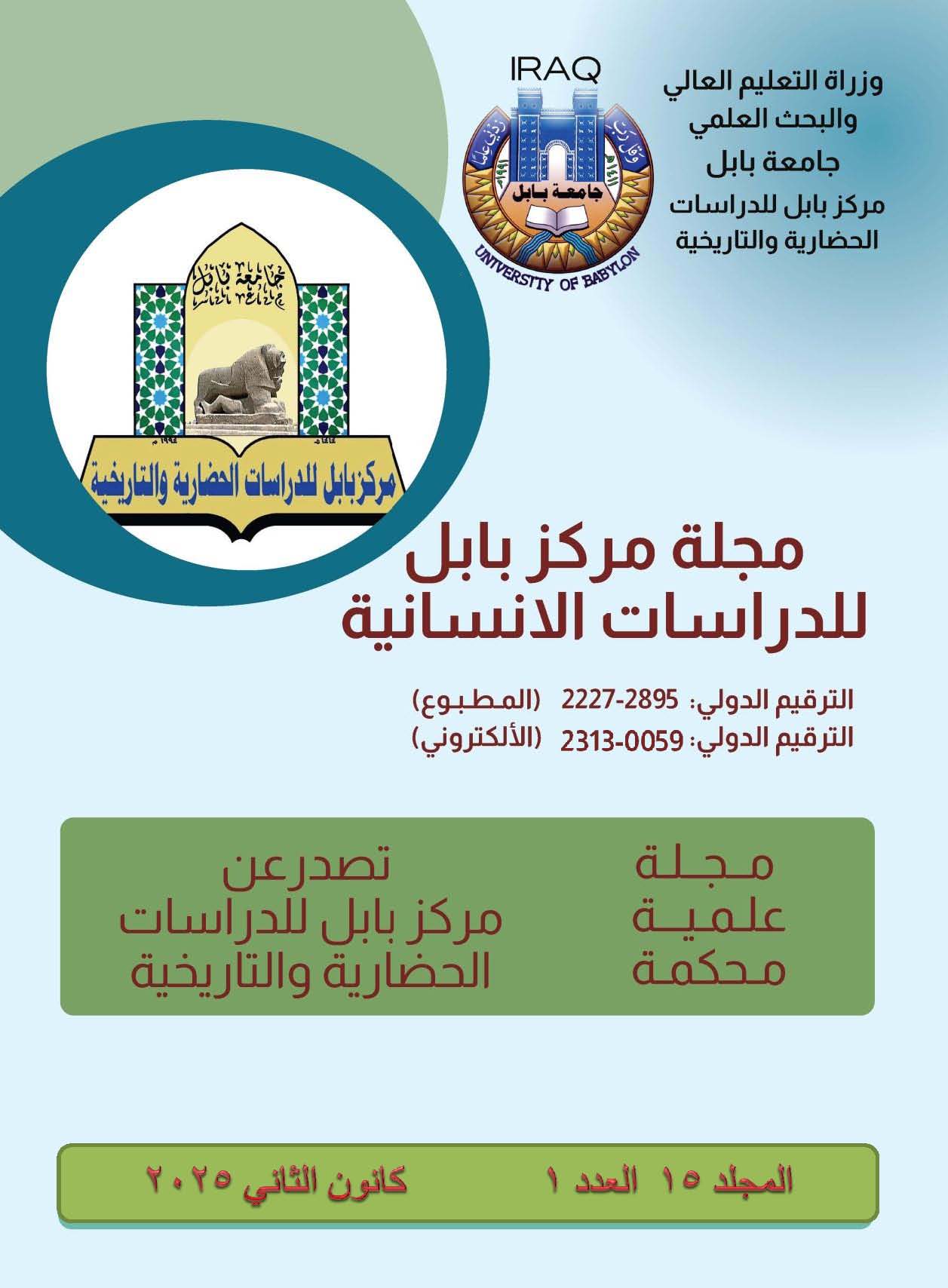A comparative study of the relationship between faith and good deeds in the Qur’an and the two Testaments (the Gospel and the Torah.
Keywords:
faith, good deeds, the Qur’an, the Torah, the Gospel.Abstract
This comparative study deals with the relationship between faith and good deeds in the three heavenly books: the Holy Qur’an, the Gospel Testament, and the Torah. The study shows that these three books all emphasize the importance of faith and good deeds, but they differ in some details.
In the Holy Qur’an, faith is considered the basis of good deeds, and good deeds have no value without faith. The Qur’an emphasizes the importance of good deeds in all aspects of life, from worship to social transactions.
In the Gospel Testament, faith in Jesus Christ is considered the basis of salvation, and good deeds are the fruit of faith. The Gospel Testament emphasizes the importance of loving God and people.
In the Torah, faith in God and adherence to His law are considered the basis of good deeds. The Torah emphasizes the importance of justice and mercy.
Faith and good deeds are two interconnected concepts in all three heavenly books. Religion emphasizes the importance of faith and good deeds in achieving happiness in this world and the hereafter.
Comparative religion is an essential part of our daily lives, as it represents a means of transferring information and knowledge between individuals. By studying this science, we learn about the importance of understanding and analyzing information in the rest of the heavenly religions and their impact on shaping the culture of society and knowing and reviewing its origins. The study of religions plays a vital role in understanding and interpreting historical events. Through this science, testimonies and narratives that narrate past events are collected and analyzed, which helps us deduce facts and understand the temporal and social context of these events. Without these sciences, the interpretation of events may be distorted and the true concept may change. In the book Al-Mahasin by Al-Barqi, on the authority of Zurarah, on the authority of Abu Jaafar (peace be upon him), he said: If the servants were to stop when they were ignorant, they would not deny or disbelieve.







